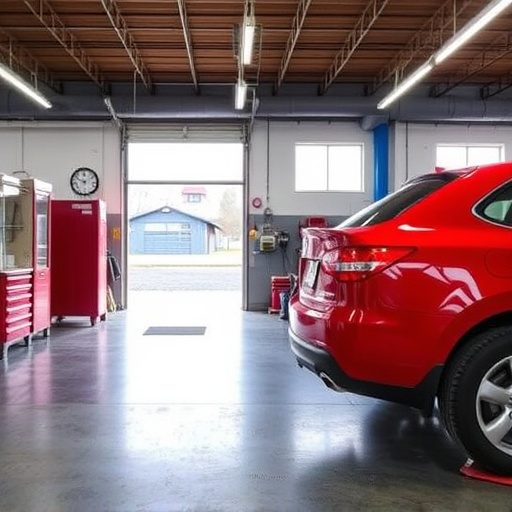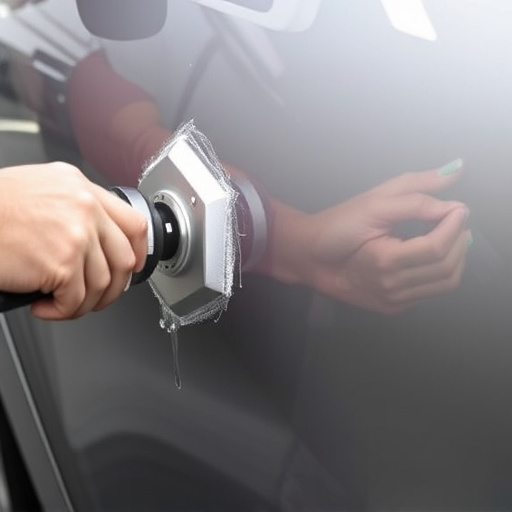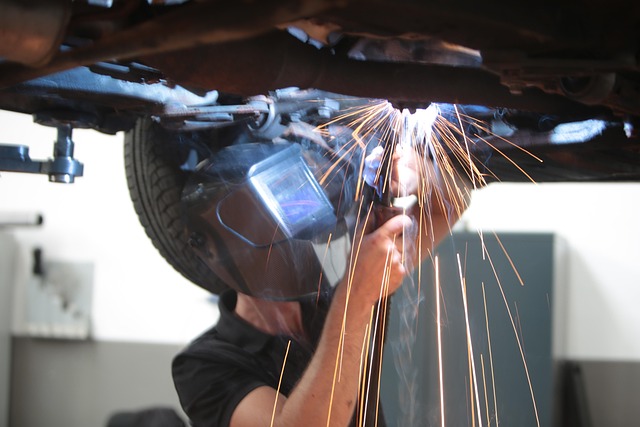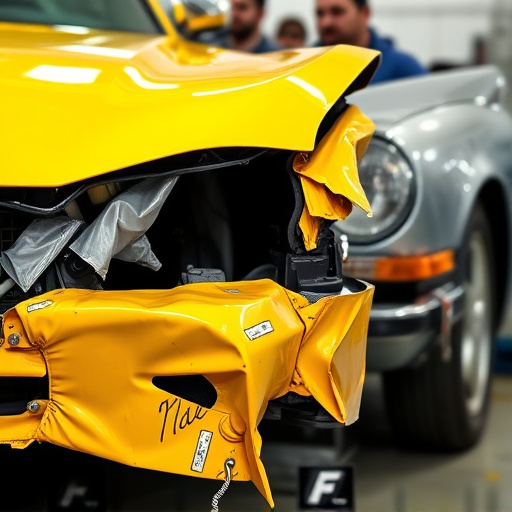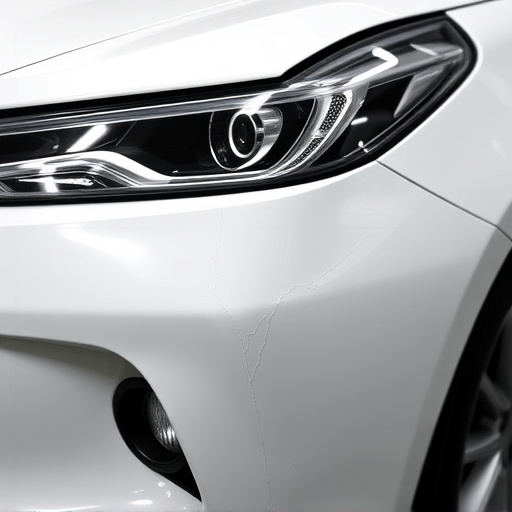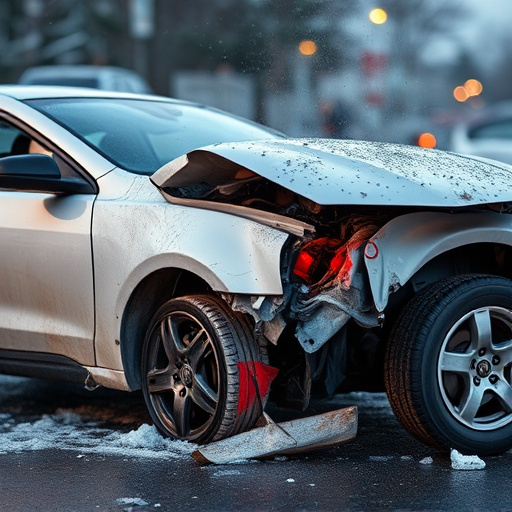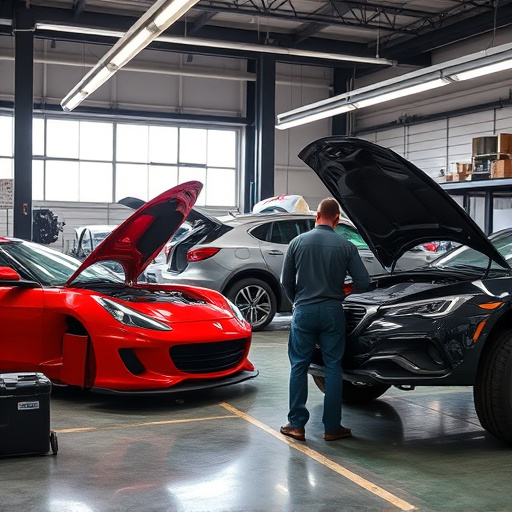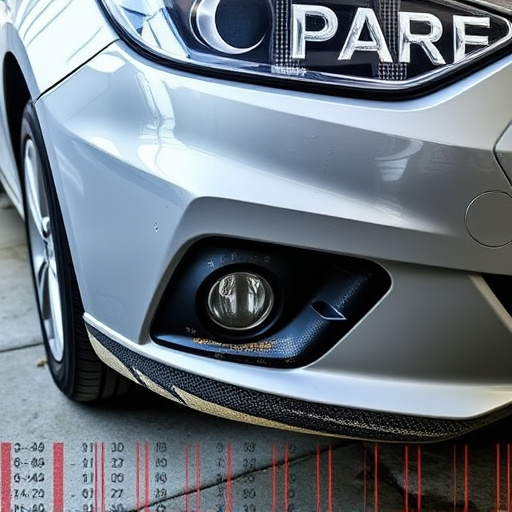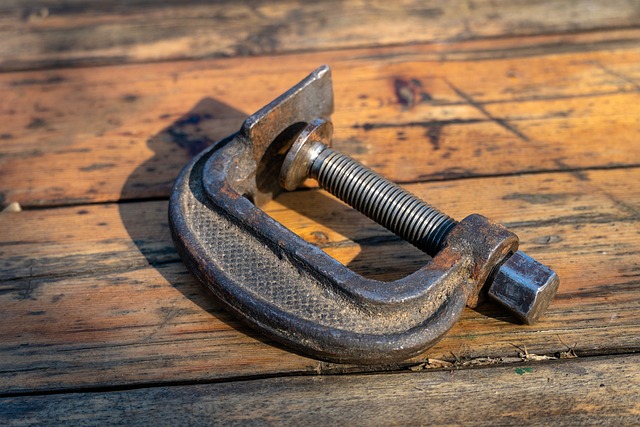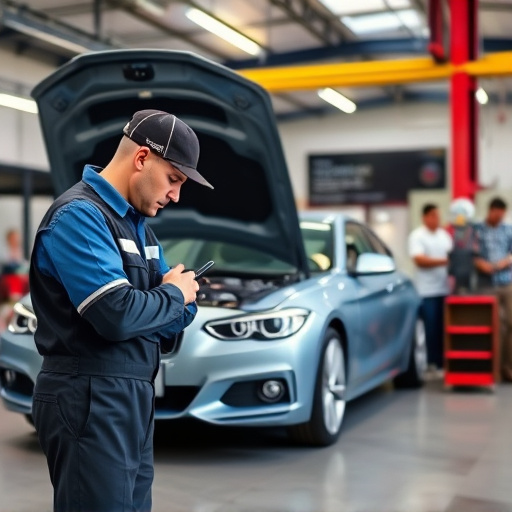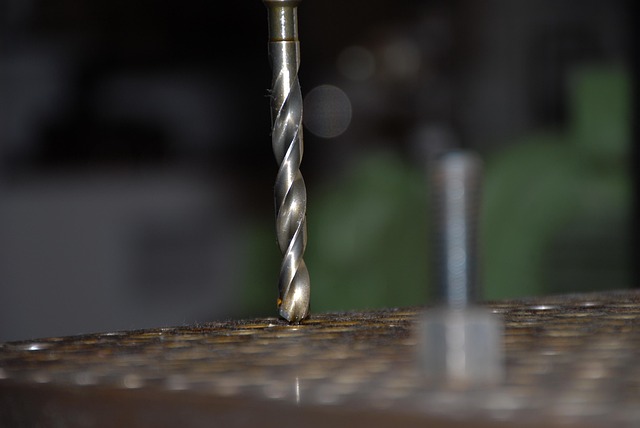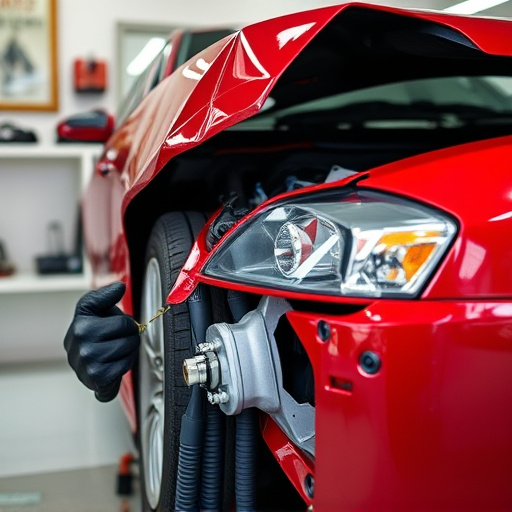Auto shops offering advanced welding techniques can enhance repair quality and cater to diverse vehicle needs. By adopting methods like TIG, MIG, or laser welding for complex joints, selecting proper equipment, and prioritizing safety protocols, shops ensure superior welds, aesthetic appeal, and technician safety, positioning themselves as experts in collision repair and car bodywork.
In today’s automotive industry, advanced welding techniques are transforming auto shops into high-performance centers. This guide explores how to leverage these cutting-edge methods for improved efficiency and precision. From evaluating your shop’s specific welding needs to selecting the right equipment for complex joints, implementing robust safety protocols is key. Discover best practices that ensure effective, safe, and reliable results with advanced welding techniques.
- Evaluating Auto Shop's Welding Needs for Advanced Techniques
- Selecting the Right Equipment for Complex Joints
- Implementing Safety Protocols for Effective and Safe Welding
Evaluating Auto Shop's Welding Needs for Advanced Techniques
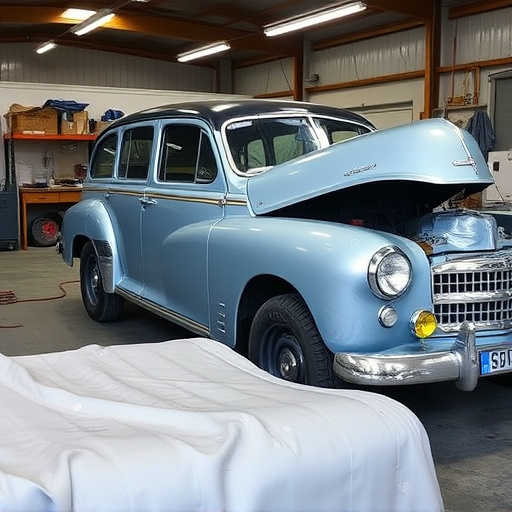
Every auto shop has unique welding needs that depend on the types of vehicles they service and the level of repairs they perform. To apply advanced welding techniques effectively, it’s crucial for shops to evaluate their current capabilities and identify specific areas where these techniques can add value. For instance, luxury vehicle repair often requires precise, intricate welds to maintain the aesthetic appeal and structural integrity of high-end cars.
Shops should consider factors like the complexity of repairs, material types, and desired outcomes when determining if they need to adopt advanced welding techniques. Auto maintenance that involves specialized components or unique body structures might necessitate more sophisticated welding methods. By understanding their specific challenges and goals, auto shops can strategically implement advanced welding techniques to enhance their services, improve repair quality, and cater to a diverse range of vehicle repair needs.
Selecting the Right Equipment for Complex Joints
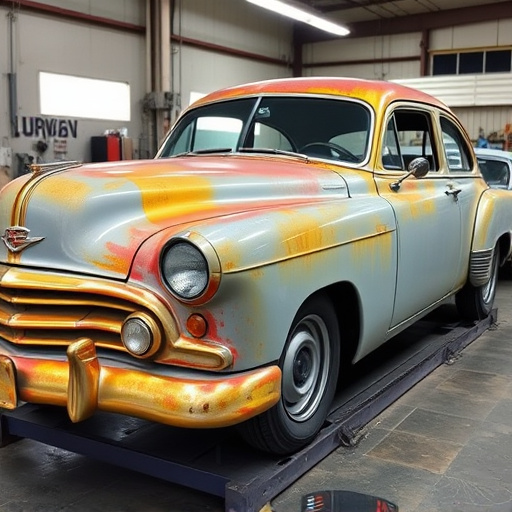
When applying advanced welding techniques in auto shops for complex joints, selecting the right equipment is paramount. Modern auto maintenance and car body restoration often involve intricate geometry and precise metalwork, requiring specialized tools that can handle high-quality, structural welds. For instance, in car collision repair scenarios, where precision meets urgency, the choice of welder—be it TIG, MIG, or laser—is crucial for achieving clean, strong joins without compromising structural integrity.
Moreover, complementing these machines with the appropriate accessories and consumables is essential. This includes electrode wires, gas blends, and protective gear designed for advanced welding techniques. Such equipment not only enhances weld quality but also ensures safety for technicians involved in delicate car body restoration and complex repair procedures.
Implementing Safety Protocols for Effective and Safe Welding
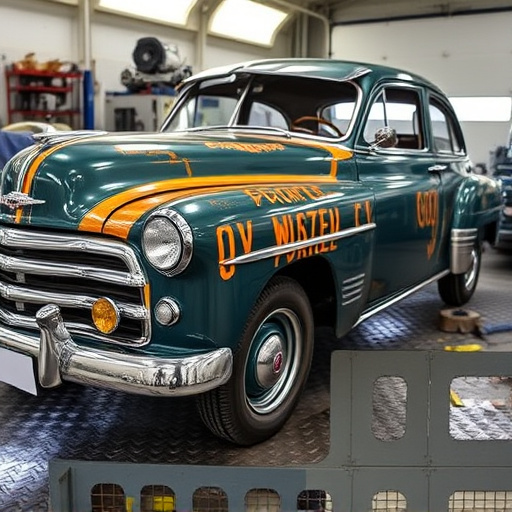
In any advanced welding techniques application, especially within a collision repair center or car bodywork shop, safety should never be compromised. Before initiating any weld, it’s crucial to ensure all necessary safety protocols are in place and strictly adhered to. This includes donning appropriate personal protective equipment (PPE), such as high-quality goggles and gloves, to safeguard against sparks, heat, and potential toxic fumes. The workshop itself must be well-ventilated to prevent the accumulation of hazardous gases, with local exhaust ventilation systems for critical areas like welding stations.
Moreover, maintaining a clean and organized workspace is vital to minimize trip hazards and ensure clear access for emergency personnel in case of an accident. Regular maintenance of welding equipment and machinery is equally important to prevent malfunctions that could lead to severe injuries. By prioritizing these safety measures, collision repair shops can foster a culture of safety, enabling their technicians to confidently deploy advanced welding techniques while protecting themselves and others from potential risks associated with the process.
Applying advanced welding techniques in auto shops requires a strategic approach. By thoroughly evaluating your shop’s specific needs, investing in high-quality equipment tailored for complex joints, and prioritizing safety protocols, you can enhance precision, efficiency, and productivity. Incorporating these practices will not only improve the quality of your work but also position your shop as a leader in adopting cutting-edge automotive welding methods.
